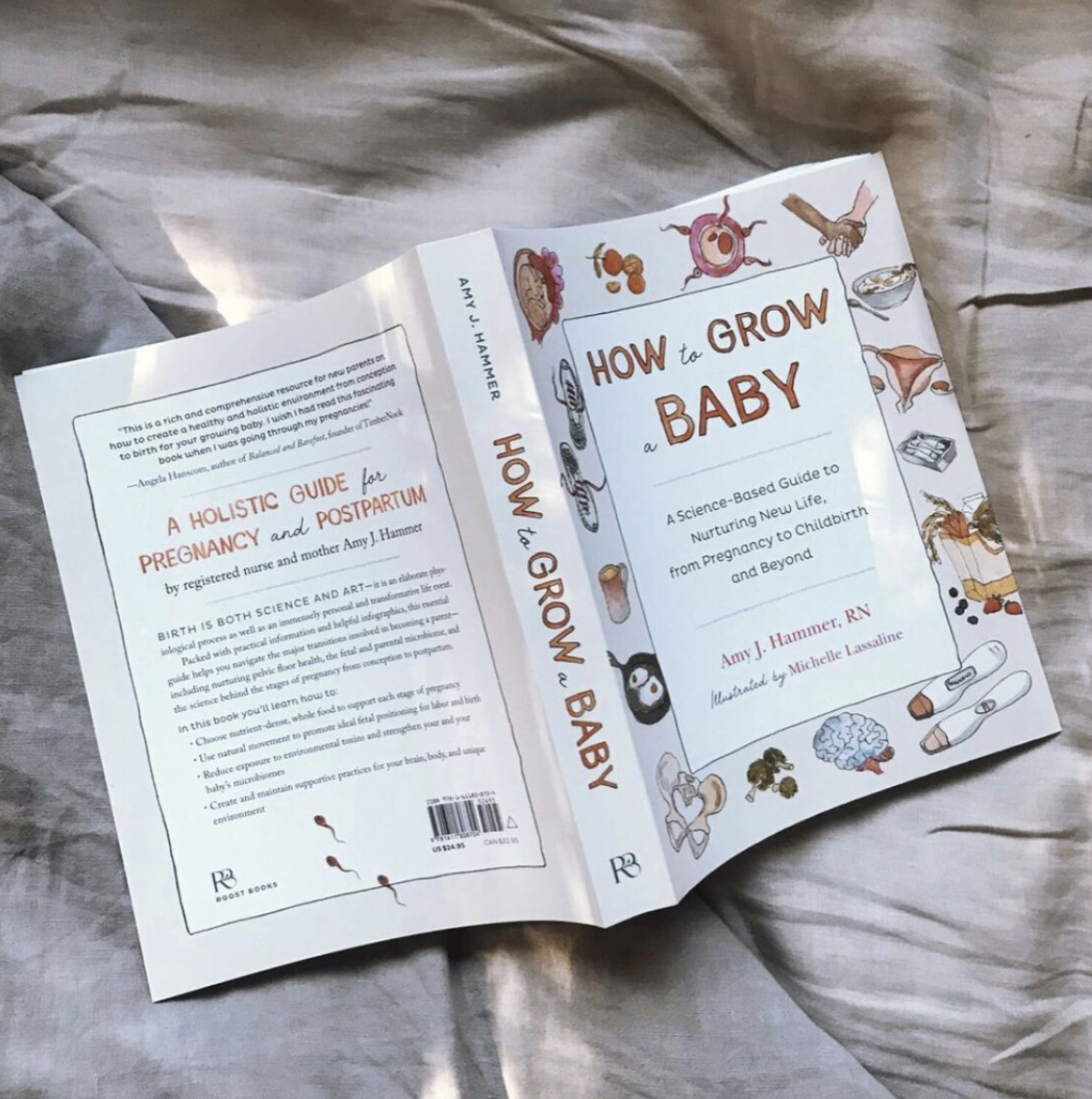Reclaiming and redefining the definition of selflessness for parents
What Does it Actually Mean to be Selfless?
A 2017 paper from PeerJ defined self-centeredness as a psychological function that perceives the self as a “real entity with sharp boundaries.” A self-centered person experiences an exaggerated sense of self-importance in comparison to others, they treat themselves as the central point of reference, and they are motivated to inflate their ego via two means: obtaining pleasure and avoiding displeasure.
Their level of happiness, or pleasure, depends on their external circumstances. The result is emotional instability and subjective reports of fluctuating levels of happiness. These cycles of satisfaction and dissatisfaction are associated with traits like hostility toward others, personal frustration, and jealousy.
Selflessness, on the other hand, is the perception that there are weak boundaries between the self and others, and between the self and the environment as a whole. Where self-centeredness is described as a “noisy ego” by a 2020 paper in Frontiers in Psychology, selflessness is described as a “quiet ego.” The three self-structures associated with selflessness include:
-Interdependence: also known as self-transcendence, or the act of decentering the self, which provides a sense of connection to the world while weakening the boundary of self
-Perspective taking: the ability to adopt the viewpoint of others
-Impermanence: holding the self as impermanent and interdependent; seeking harmony with other people and the natural world
The paper describes the kind of happiness selfless people experience as authentic-durable happiness. The definition of this kind of happiness includes contentment and inner peace and depends on two key factors: emotional stability and the feeling of being in harmony; or interconnected with the world beyond the self.
Emotional stability is one of the strongest predictors of life satisfaction and happiness and the feeling of being in harmony is nurtured by a sense of compassion, empathy, connection, and respect for others as well as the self, and nature. Emotional instability, on the other hand, is strongly related to neuroticism and depression, which are associated with many psychological and other health issues.
Interestingly, people who lean more toward the selfless/authentic-durable happiness also tend to experience lower levels of the stress hormone cortisol, which is implicated in cardiovascular and other diseases.
This research on selflessness versus self-centeredness makes me think about pregnancy and parenting, a time when, whether we like it or not, the sense of self as something distinct and separate from others, and the greater ecosystem, is an illusion. Our bodies build and nurture other bodies. Our health is interconnected and, for better or worse, impacted by the health of our ecosystem.
The truth of our interconnectedness doesn’t make the experience easy. It is challenging emotionally, physically, and spiritually to raise children. If we thought we were emotionally stable before kids, they will challenge us to keep practicing this skill and keep our cool or find it again when we lose it. If we experienced circumstantial fluctuations in joy before kids, the high highs and low lows of everyday life with kids will affect us more. If we had a tendency toward neuroticism, anxiety, and depression, it will likely not improve with the job of parenting. Parenting often means abandoning logic, accepting paradox, and perhaps even journeying between self-centeredness and selflessness depending on how much sleep we got last night and how much support we’ve received that day.
Interdependence, perspective taking, and impermanence are perhaps key lessons of parenting as well as the three self-structures of selflessness. But the word selfless has been abused and it’s time to reclaim what this word means and why it’s important.
Parents, specifically mothers, are often described as selfless where the word selfless means they disregard their own needs and health for the needs and health of their children and family. This is a truly shitty definition because it is loaded with expectations and, when parents (moms) do focus on their health they might feel guilty or selfish.
Selflessness does not mean disregarding the self, it means you understand that when you do care for yourself, this care extends to and includes others.
Selflessness is not martyrdom. Selflessness is linked to wisdom, a quiet ego, and the orientation toward openness, learning, and personal growth.
Selflessness is not weakness; it is durability and emotional stability in the face of life’s ups and downs.
Selflessness is a not a loss of self, it is a deeper understanding that the self cannot and will never be a distinct entity, it will always be interconnected with other people and the environment.
Parenting isn’t an inherent pathway to enlightenment. It necessitates self-reflection, practice, and ongoing learning from mistakes. Selflessness and its three tenets—interdependence, perspective taking, and impermanence--are not gifted to us the moment we have our children, but I think they are some of the key skills to practice while parenting and living in general.
If you enjoy reading science-y yet relatable and actionable words, I think you’ll like How to Grow a Baby. If you do like the book, please consider leaving a review so more people can find the book out there in this world.
